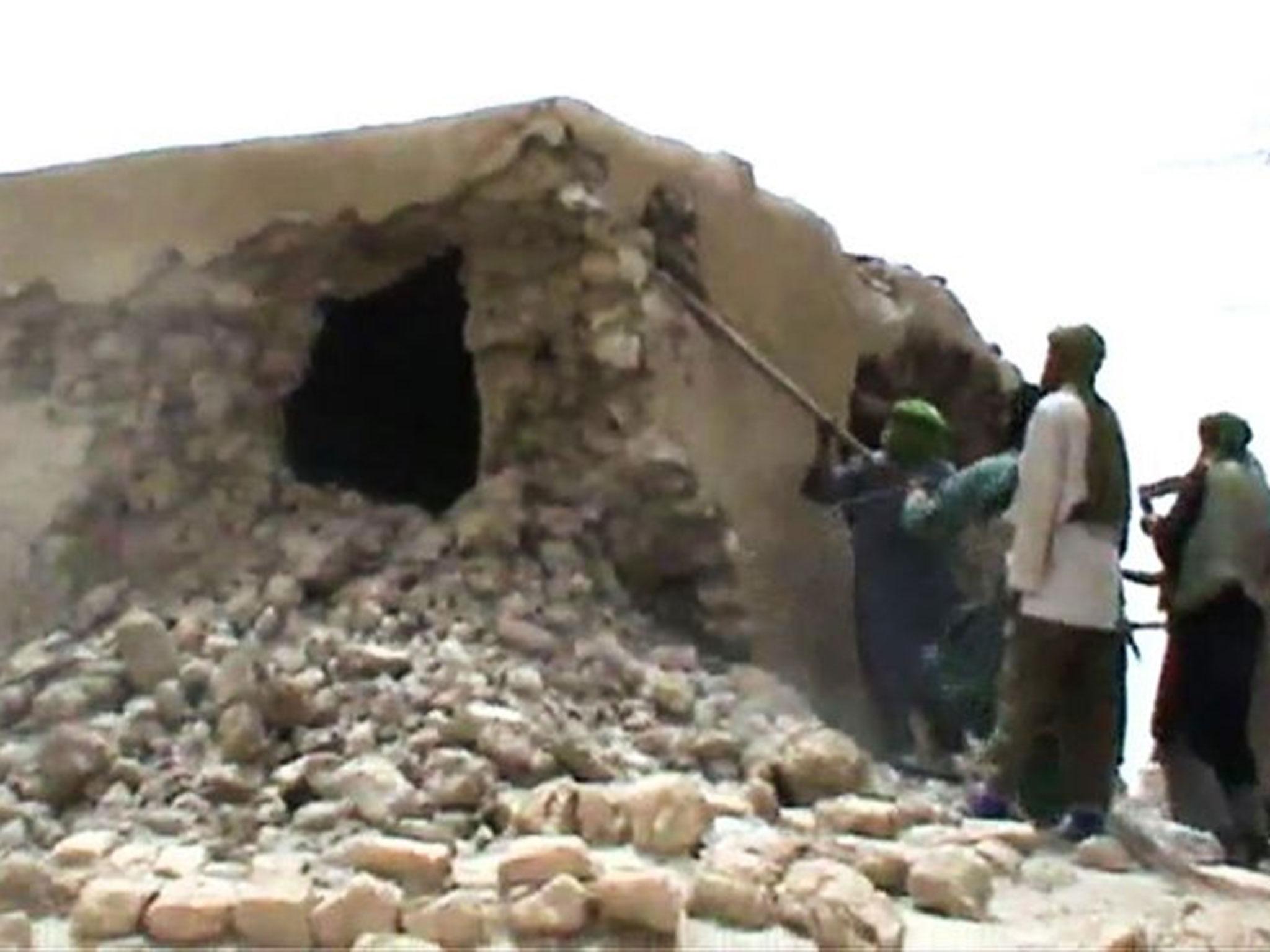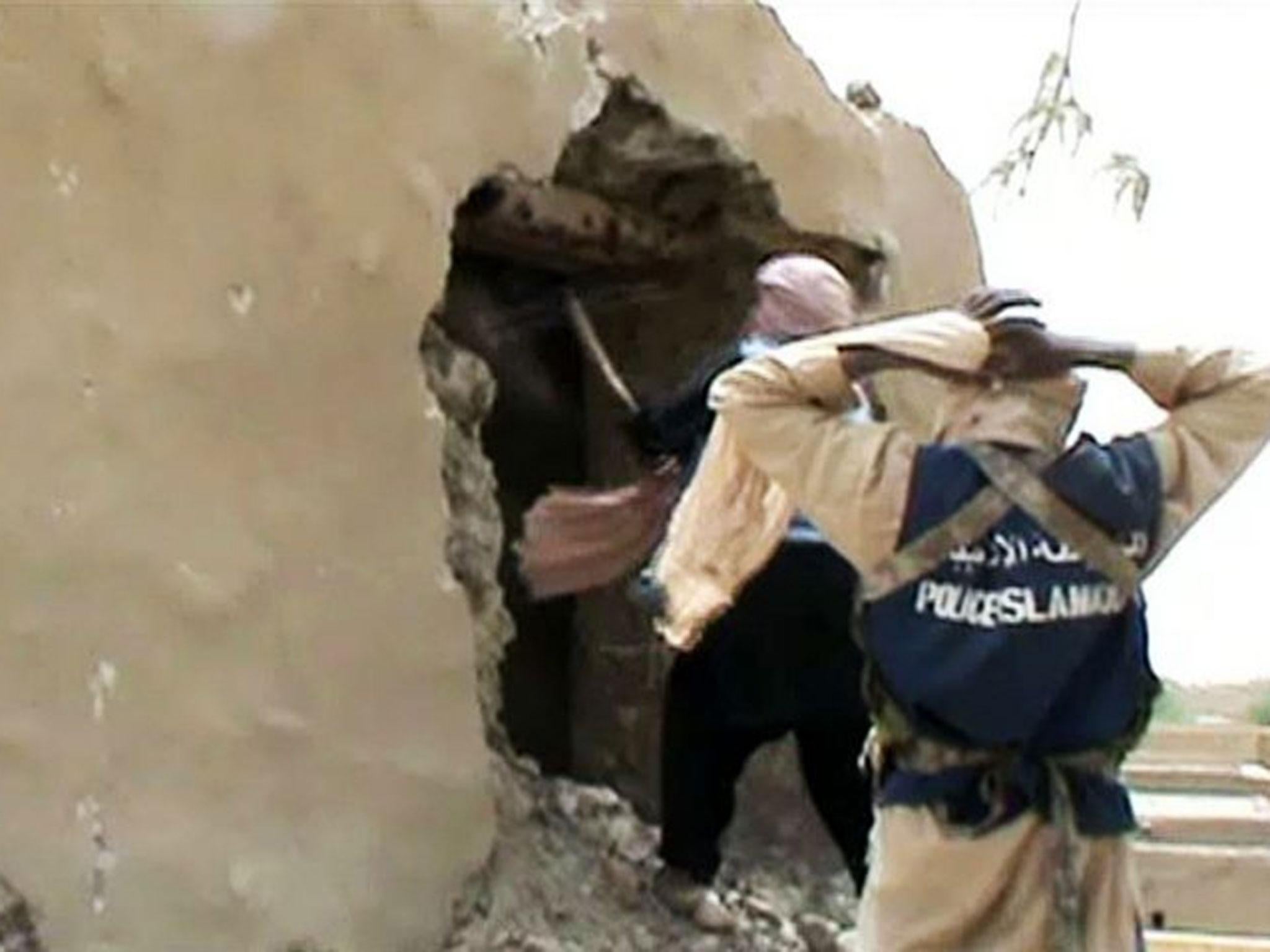Islamic extremist pleads guilty to destroying Timbuktu monuments in landmark war crimes trial
It is the first ICC trial to charge an individual for war crimes against a historic and cultural monument

Your support helps us to tell the story
From reproductive rights to climate change to Big Tech, The Independent is on the ground when the story is developing. Whether it's investigating the financials of Elon Musk's pro-Trump PAC or producing our latest documentary, 'The A Word', which shines a light on the American women fighting for reproductive rights, we know how important it is to parse out the facts from the messaging.
At such a critical moment in US history, we need reporters on the ground. Your donation allows us to keep sending journalists to speak to both sides of the story.
The Independent is trusted by Americans across the entire political spectrum. And unlike many other quality news outlets, we choose not to lock Americans out of our reporting and analysis with paywalls. We believe quality journalism should be available to everyone, paid for by those who can afford it.
Your support makes all the difference.An Islamic extremist has pleaded guilty to destroying historic mausoleums in the Malian desert city of Timbuktu.
As his International Criminal Court (ICC) trial started Monday, Ahmad Al Faqi al-Mahdi told judges he was entering the guilty plea "with deep regret and great pain."
He also advised Muslims around the world not to commit similar acts, saying "they are not going to lead to any good for humanity".

It is the first ICC trial to charge an individual for war crimes against a historic and cultural monument. Mahdi is also the first person to plead guilty at the court since its establishment in 2002.
Prosecutors say Mahdi led a group of Ansar Dine radicals to destroy 14 of Timbuktu's 16 mausoleums in 2012 because they considered them totems of idolatry. The one-room structures housing the tombs of the city's great thinkers were on the World Heritage list.

Ansar Dine held power in northern Mali in 2012, but were driven out after nearly a year by French forces, which arrested Mahdi in 2014 in neighboring Niger.
Mahdi's trial is scheduled to last a week, with prosecutors presenting judges with evidence of the crimes and his defense lawyer also planning a presentation.
Judges will issue a formal verdict and pass sentence at a later hearing. He faces a maximum sentence of 30 years imprisonment, but prosecutors say they will seek a sentence of nine to 11 years.
Mahdi told the three-judge panel he hopes his time in prison "will be a source of purging the evil spirits that had overtaken me."
Additional reporting by agencies
Join our commenting forum
Join thought-provoking conversations, follow other Independent readers and see their replies
Comments